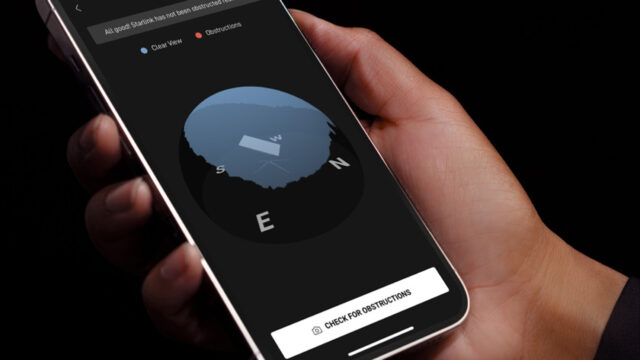Iran’s government throttles and blocks nearly all internet services today. Authorities restrict WhatsApp, Instagram, Google Play, and Apple App Store access. Officials call the move a defense against alleged Israeli cyberattacks. They label the decision “deliberate and controlled.” Independent monitors report that traffic plunged sharply around 5:30 p.m. local time.
Nationwide Digital Silence
Iranian telecom carriers disconnect from global networks. Two major providers vanish from Cloudflare’s connectivity charts. Citizens lose mobile data and voice services. Only state-operated internal networks remain partly functional. But bandwidth dropped by up to 80%.
VPN tools no longer work. Users can’t bypass filters or reach foreign news and social media. Officials urge users to delete WhatsApp, accusing it of espionage. WhatsApp denies all claims.
Past Blackouts Resurface
Citizens recall the November 2019 blackout that lasted seven days and silenced protests. That shutdown reduced traffic to 5% of normal levels. Analysts say this blackout repeats the same suppression tactic.
Cyberwar Fears Spike
Israel reports a 700% surge in cyberattacks since recent strikes. Iran’s National Cybersecurity Command blames Israel for targeting government systems. Officials say this digital warfare triggered Iran Internet Access shutdown.
Experts warn Iranian hackers may strike U.S. infrastructure. American companies now brace for potential cyber spillover.
Starlink and Mesh Networks: A Digital Lifeline?
Activists urge Elon Musk to enable Starlink in Iran. Though banned by authorities, some residents already use satellite terminals. Volunteers promote mesh-network apps to bypass censorship and stay connected.
Global Outcry Grows
Human rights groups call the blackout a dangerous act of suppression. They say it blocks access to vital information and enables government secrecy. Reporters Without Borders continues to rank Iran among the world’s most repressive regimes.
Officials call the shutdown “temporary.” No clear end date exists. Access may return once cyber threats subside. But many Iranians fear the blackout will expand as conflict intensifies.
Families across the nation remain in digital darkness tonight.














